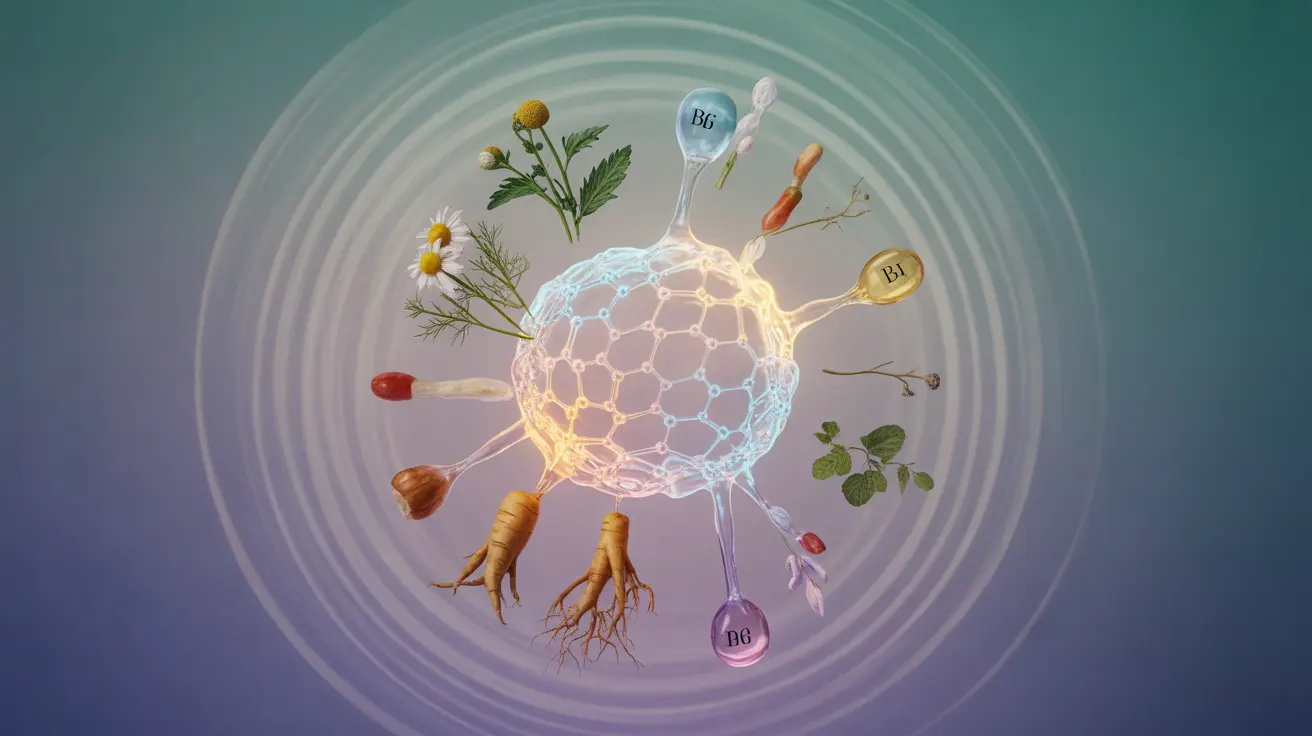Understanding dopamine supplements and their potential effects on brain health has become increasingly important as more people seek natural ways to improve mood, focus, and cognitive function. These supplements aim to support the body's natural dopamine production, a crucial neurotransmitter involved in motivation, pleasure, and emotional well-being.
In this comprehensive guide, we'll explore the science behind dopamine supplements, their effectiveness, safety considerations, and how they fit into an overall wellness strategy. We'll also examine how lifestyle factors can influence your body's dopamine levels naturally.
Understanding Dopamine and Its Role in Health
Dopamine is a vital neurotransmitter that plays multiple roles in your body, including:
- Motivation and reward
- Mood regulation
- Focus and attention
- Motor control
- Decision-making abilities
When dopamine levels are balanced, you typically experience better mood, increased motivation, and improved cognitive function. However, various factors can affect your natural dopamine production, leading some people to consider supplementation.
Natural Dopamine-Supporting Supplements
Amino Acid Precursors
Several supplements contain amino acids that serve as building blocks for dopamine production:
- L-Tyrosine
- L-Phenylalanine
- Mucuna pruriens (containing L-DOPA)
Supportive Nutrients and Herbs
Other supplements that may support dopamine function include:
- Vitamin B6, B9, and B12
- Magnesium
- Omega-3 fatty acids
- Ginkgo biloba
- Rhodiola rosea
Recognizing Low Dopamine Symptoms
Common signs that might indicate lower dopamine levels include:
- Decreased motivation
- Difficulty focusing
- Fatigue
- Mood changes
- Sleep problems
- Reduced pleasure in previously enjoyable activities
Safety Considerations and Potential Side Effects
While natural dopamine supplements are generally considered safe for most people, they can cause side effects such as:
- Headaches
- Digestive issues
- Sleep disturbances
- Anxiety or jitteriness
- Interactions with medications
It's crucial to consult with a healthcare provider before starting any supplement regimen, especially if you're taking prescription medications or have underlying health conditions.
Lifestyle Factors That Support Dopamine Production
Diet and Nutrition
Certain foods can naturally support dopamine production:
- Protein-rich foods
- Foods high in tyrosine
- Antioxidant-rich fruits and vegetables
- Healthy fats
Exercise and Physical Activity
Regular physical activity has been shown to:
- Increase dopamine receptor sensitivity
- Enhance natural dopamine production
- Improve overall mood and cognitive function
Frequently Asked Questions
What are the most effective natural supplements for boosting dopamine levels?
The most effective natural supplements for supporting dopamine levels include L-tyrosine, Mucuna pruriens, and vitamin B complex supplements. These work by providing the necessary building blocks for dopamine production or supporting its synthesis in the body.
What symptoms might indicate I have low dopamine, and when should I consider supplements?
Low dopamine symptoms may include decreased motivation, difficulty concentrating, fatigue, and reduced pleasure in activities. Consider supplements if you experience persistent symptoms and have already addressed lifestyle factors like diet, exercise, and sleep. Always consult a healthcare provider first.
Are dopamine supplements safe, and what side effects should I be aware of?
Natural dopamine supplements are generally safe when taken as directed, but they can cause side effects like headaches, digestive issues, and sleep changes. Some supplements may interact with medications, particularly antidepressants and Parkinson's medications. Professional medical guidance is essential before starting supplementation.
How do lifestyle factors like diet and exercise affect dopamine production?
Diet and exercise significantly impact dopamine production. Regular physical activity naturally increases dopamine levels, while a balanced diet rich in protein, tyrosine, and essential nutrients provides the building blocks for dopamine synthesis. Adequate sleep and stress management also play crucial roles.
Can dopamine supplements replace prescription dopamine medications for mood or cognitive issues?
Natural dopamine supplements should not replace prescribed medications for conditions like depression, ADHD, or Parkinson's disease. While they may complement traditional treatments, any changes to prescribed medication should be discussed with and supervised by a healthcare provider.




